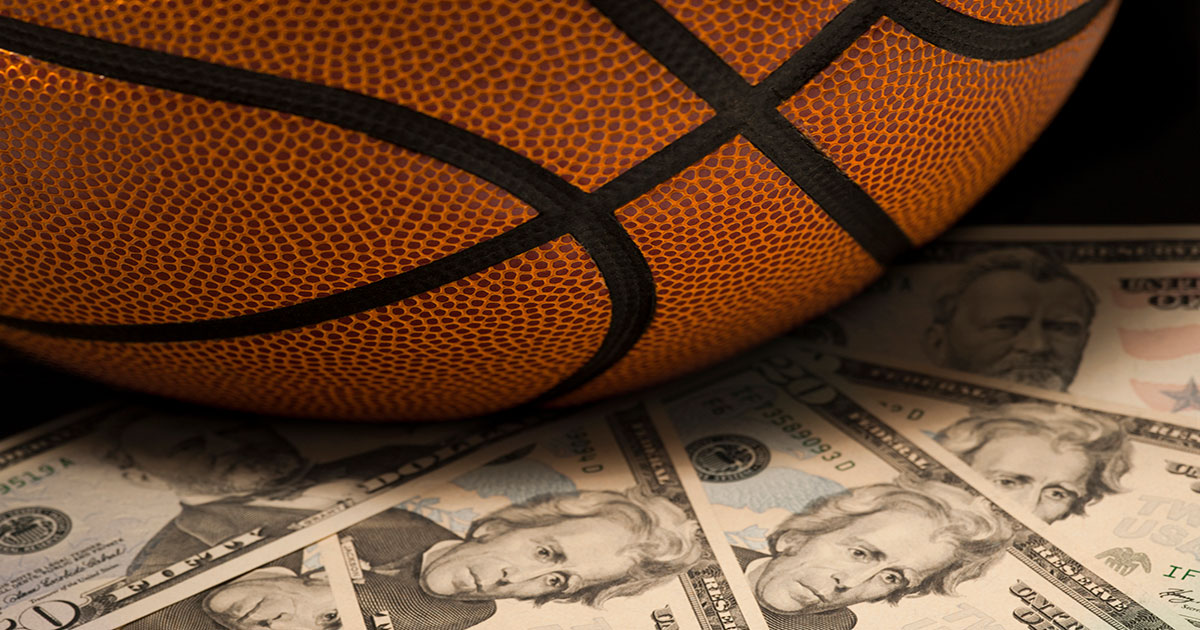
June 25, 2025 – A federal judge has approved a landmark $2.57 billion settlement in House v. NCAA, clearing the way for a sweeping change in college athletics: beginning July 1, 2025, Division I universities may share revenue directly with student-athletes for the first time.
The ruling, issued by Judge Claudia Wilken of the U.S. District Court for the Northern District of California, finalizes a class-action lawsuit that challenged the NCAA’s longstanding prohibition on college athletes profiting from their name, image and likeness (NIL), as well as from broadcast revenues.
The new model – referred to as the “revenue sharing era” – allows universities to distribute up to 22% of their average athletics revenue to student-athletes. That cap is expected to translate to approximately $20.5 million per Power Five institution in the 2025-26 academic year, with the figure rising annually.
New Contracts and Institutional Terms
Some institutions have already begun offering student-athletes revenue-sharing agreements or preliminary memorandums of understanding (MOUs), many of which include provisions transferring significant NIL rights to the university. These agreements are separate from any NIL deals student-athletes may have with third parties.
 Joshua M. Frieser, Marquette Law 2021, is a sports and business lawyer and Principal Attorney at Frieser Legal. His practice is focused on the representation of athletes, agents, and sports industry businesses. While working to solve the unique legal needs that they have, Josh represents athletes in athletics regulatory proceedings and NIL licensing agreements, as well as in related intellectual property and business planning matters. In addition to serving as counsel to college and professional athletes, Josh represents sports industry businesses as outside general counsel.
Joshua M. Frieser, Marquette Law 2021, is a sports and business lawyer and Principal Attorney at Frieser Legal. His practice is focused on the representation of athletes, agents, and sports industry businesses. While working to solve the unique legal needs that they have, Josh represents athletes in athletics regulatory proceedings and NIL licensing agreements, as well as in related intellectual property and business planning matters. In addition to serving as counsel to college and professional athletes, Josh represents sports industry businesses as outside general counsel.
Athletes should be aware that these early agreements may contain one-sided terms favorable to universities. Clauses have included the right to amend compensation unilaterally, reclaim (“claw back”) payments if an athlete transfers or is dismissed, overly broad termination rights, and waivers of legal claims.
Unlike professional sports contracts, these agreements are not subject to union bargaining and lack standardized protections. Legal experts warn that this imbalance makes it essential for student-athletes and their agents to seek legal counsel before signing.
NIL Clearinghouse Oversight
Starting June 7, 2025, any third-party NIL deal exceeding $600 must be reported to NIL Go, a new clearinghouse that will review contracts to ensure compensation is reasonable and tied to legitimate business purposes. The process is designed, in part, to regulate NIL collectives – booster-funded entities that pay athletes under the guise of NIL deals.
Athletes will have the right to appeal any rejected deal to a neutral arbitrator.
Review Existing Contracts Now
With the transition underway, student-athletes should immediately review existing NIL contracts, particularly those extending beyond June 30, 2025. Some NIL collectives may reduce or reassign compensation as universities begin direct revenue sharing. Others may attempt to offset payments on a dollar-for-dollar basis.
Additionally, athletes who signed preliminary revenue-sharing MOUs should evaluate any legal obligations they may now trigger under finalized contracts.
Legal Guidance Strongly Advised
While the new compensation model presents major opportunities for college athletes, it also introduces legal complexities and financial risks.
Revenue-sharing agreements vary widely and are often crafted to favor institutions. To protect their interests, student-athletes are strongly encouraged to consult with experienced attorneys before entering into any new agreements.
Extension of NIL into High School Sports
As NIL has dominated the collegiate sports landscape over recent years, more than 40 state high school athletic associations permit high school athletes to engage in the NIL marketplace. The Wisconsin Interscholastic Athletic Association (WIAA) is the most recent, having voted to amend its amateurism bylaw for the 2025-26 school year.
High school athletes in Wisconsin will now be permitted to profit from their name, image, and likeness, subject to certain restrictions. Athletes can enter into endorsement deals and social media promotions outside of school-related team activities.
